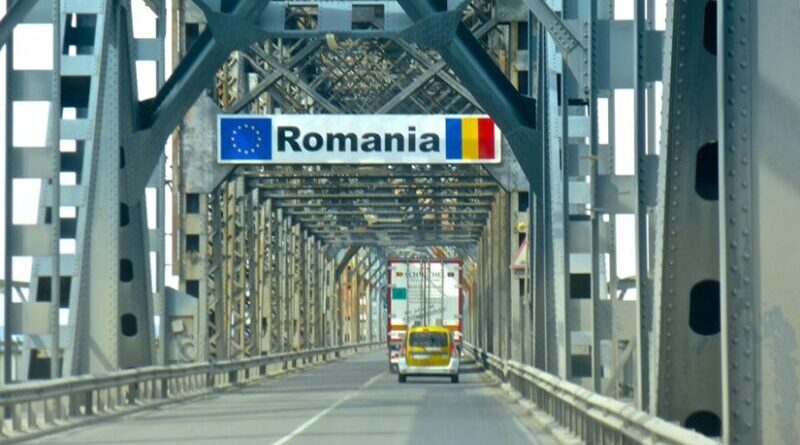Romania Probes Deputy PM Over Corruption Claims
By Ana Maria Touma
Romanian anti-graft prosecutors informed Deputy Prime Minister Sevil Shhaideh on Friday that she is a suspect in a corruption file.
Romania’s National Anti-Corruption Directorate, DNA, summoned Deputy Prime Minister Sevil Shhaideh for a hearing on Friday to inform her that she is a suspect in a graft case.
Shhaideh, who also heads the Ministry of Regional Development, told journalists she is not at liberty to disclose more information because the investigation is underway.
“I know my rights and I will discuss all the documents with my lawyer,” she added.
The Deputy Prime Minister in January 2017 was the governing Social Democratic Party’s first choice to lead the government, but her nomination was rejected by President Klaus Iohannis.
Anti-graft prosecutors have summoned other Social Democrat figures for investigations in the past two weeks, including two former prime ministers, Sorin Grindeanu and Victor Ponta, last week.
They said they were called in as witnesses and also refused to disclose any details about the cases.
A few days before the hearings, anti-graft prosecutors announced that they had opened an investigation into possible fraud over European Union funds committed by a road infrastructure constructor whose management is close to the Social Democrat leader, Liviu Dragnea. The prosecutors also raided the company’s headquarters.
Dragnea has denied any ties to the company.

